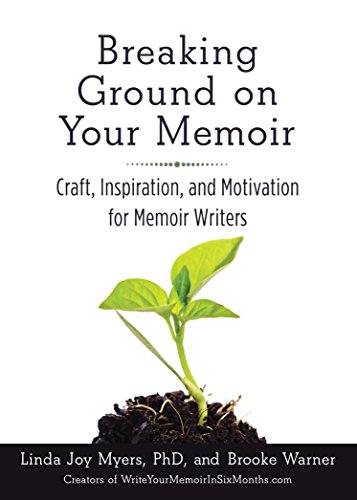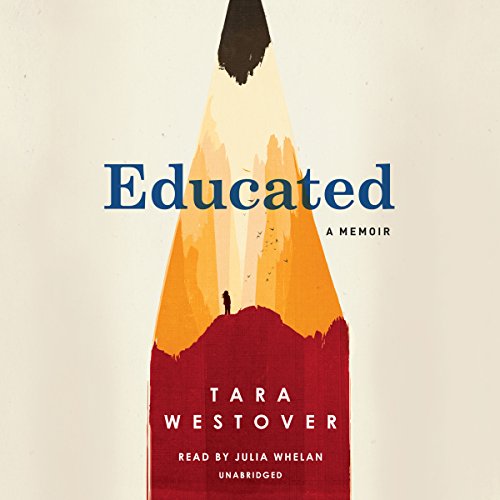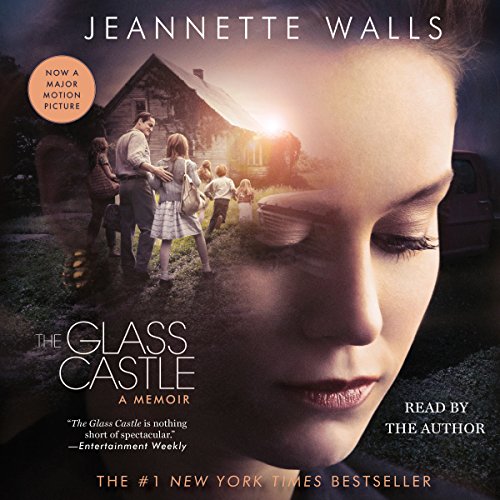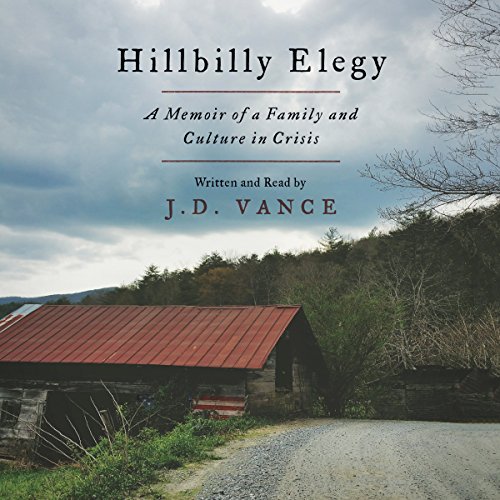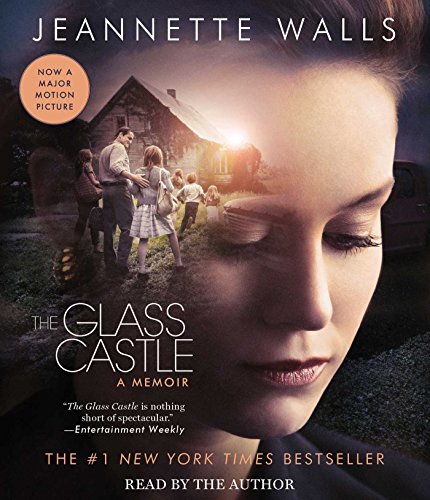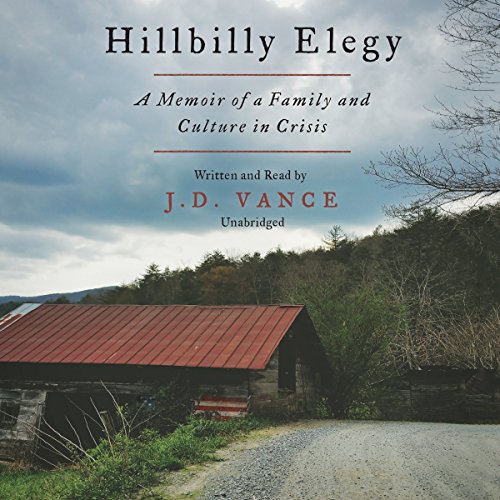
When author Nalini Juthani immigrated from India to the United States, her goal was to get a higher education and travel the world. She has fulfilled her dreams and enhanced her life by creating such travel experiences. In this memoir, Inspiration from my Travels, she shares the stories of enriching travel experiences that have inspired her. These essays, with photographs included, provide a glimpse of her travels through all seven continents of the world starting from within India. Inspiration from my Travels narrates her experiences of journeys with her husband, children, friends, and as a lone traveler. Juthani describes meeting and bonding with new people, making meaningful relationships, learning about other cultures, capturing and preserving memories through photography, and learning about the history and evolution of each place. Inspiring and touching, the essays describe the influence Juthani had on the lives of people she met while overcoming cultural barriers and dietary restrictions as a vegetarian. Through her travels, she explored and learned a great deal about what was home and what feeling like a foreigner means in both lands.

